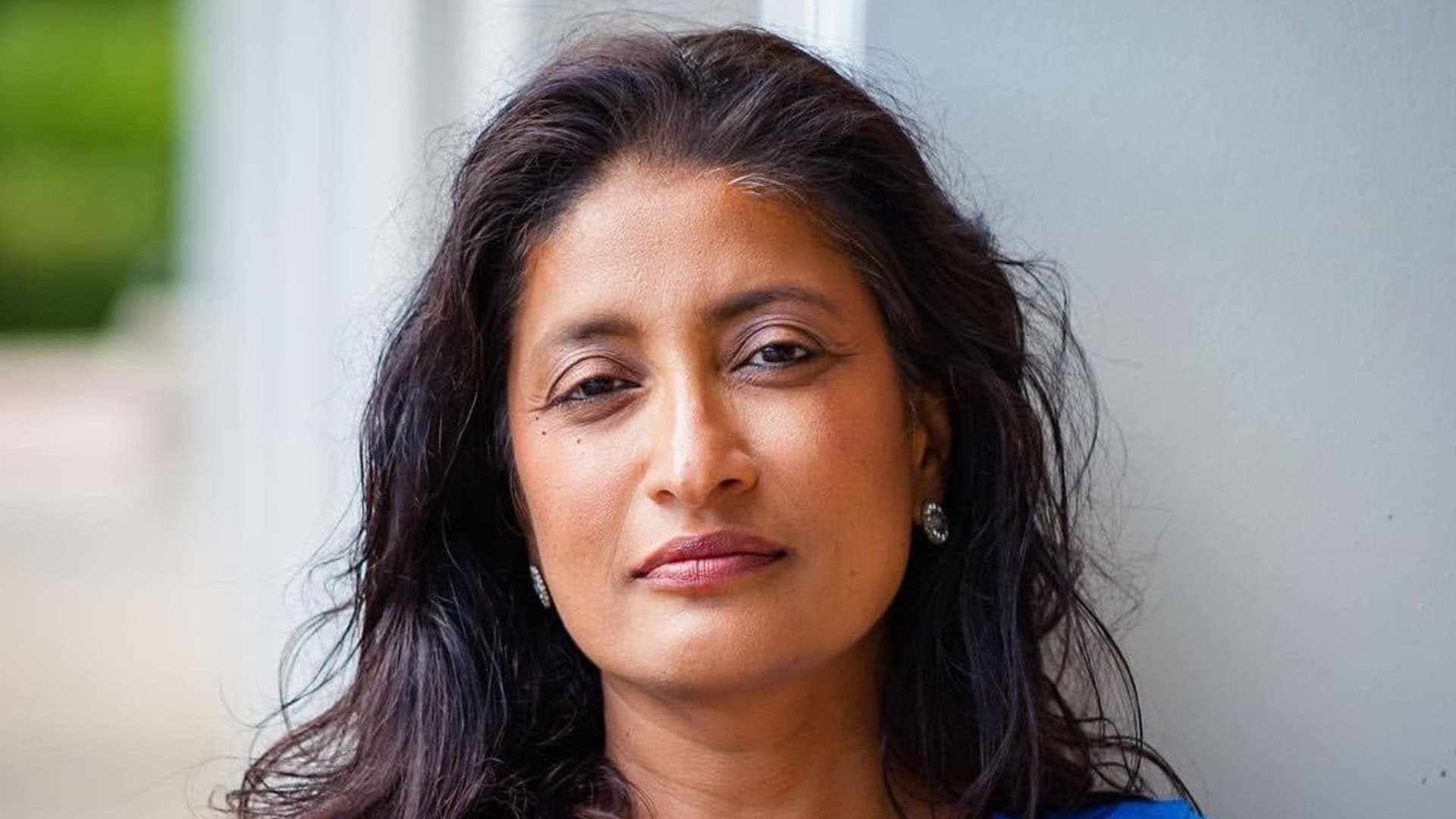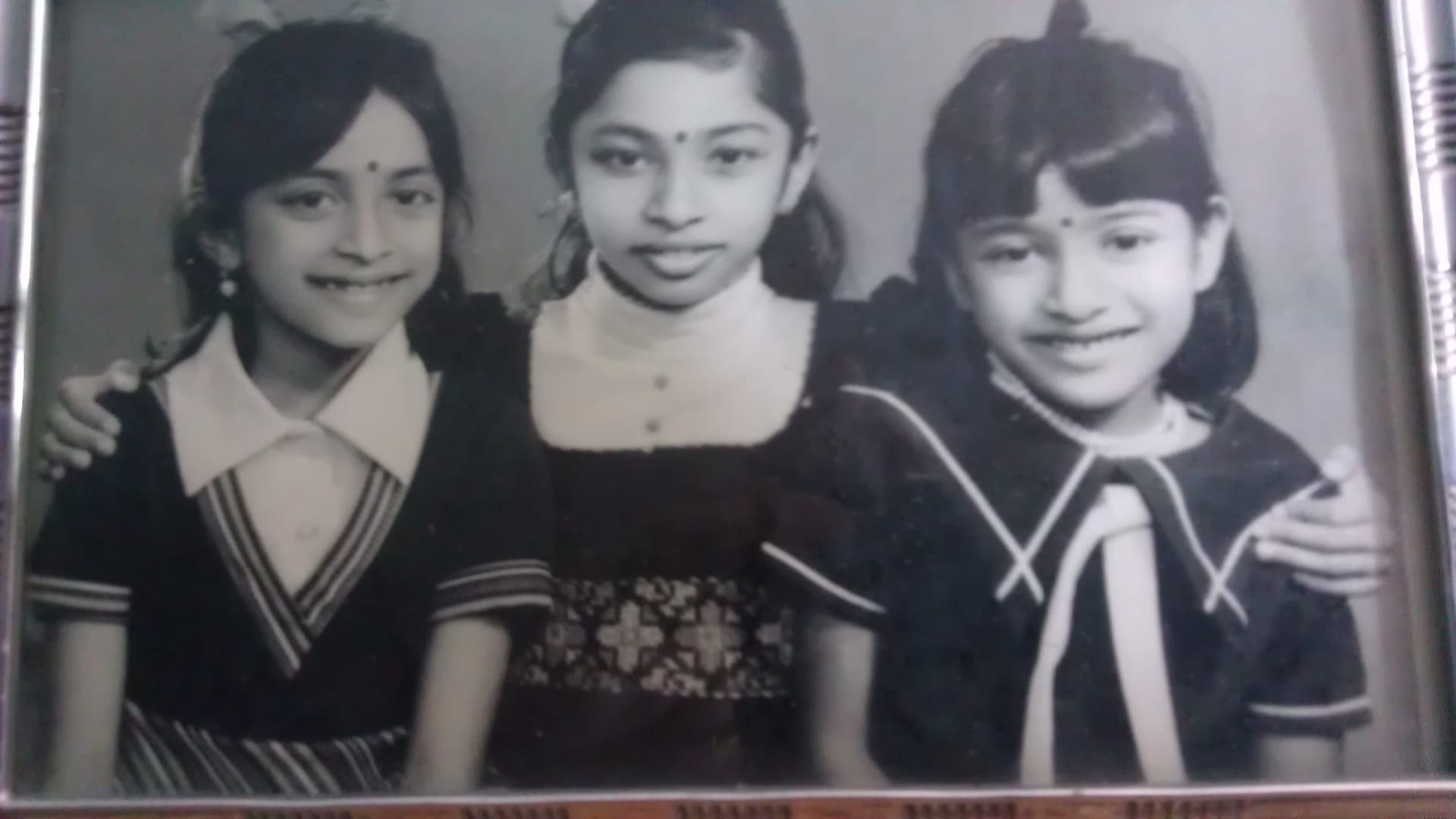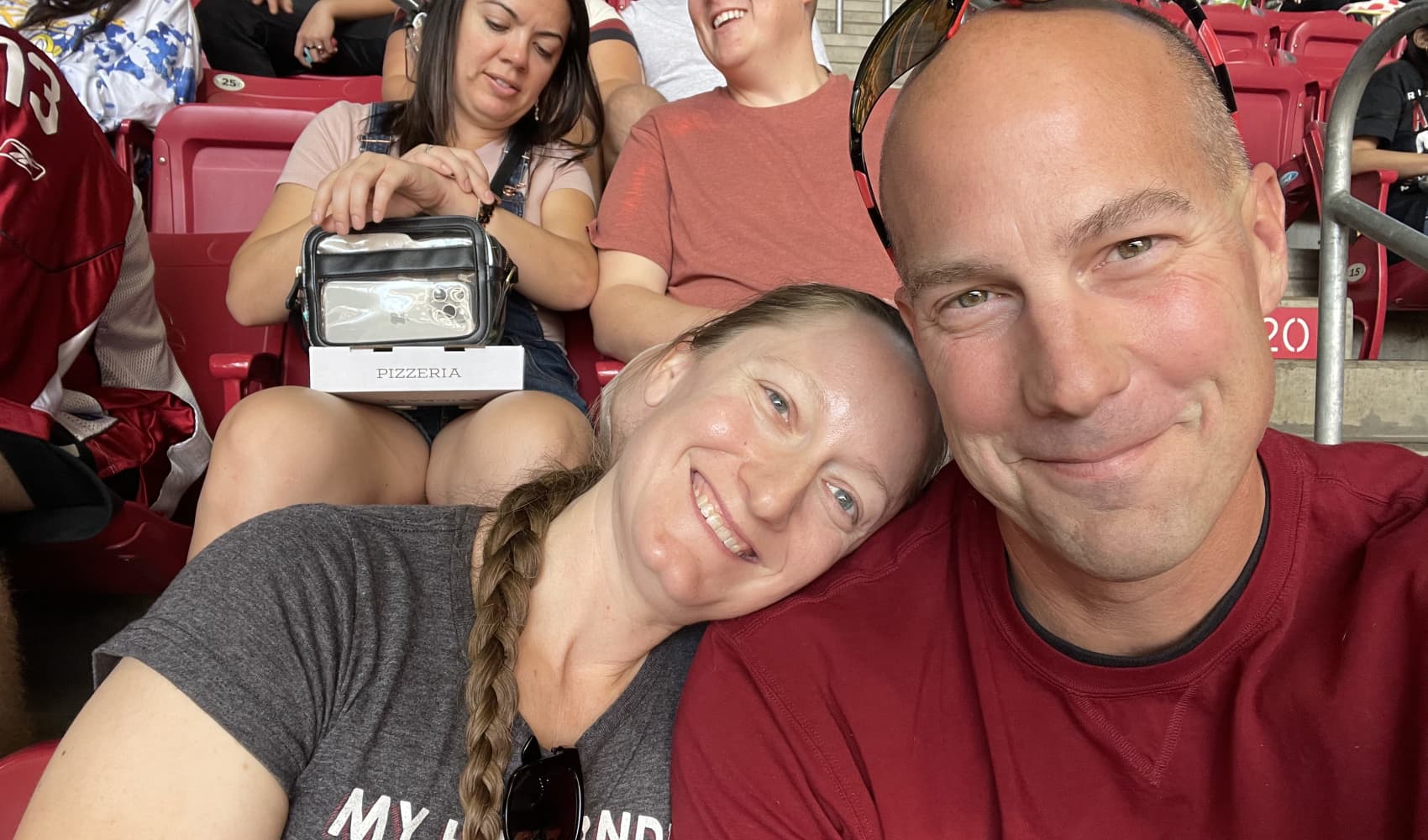
Suni Gargaro sells yoga clothes, mats and other yoga accessories. But for Gargaro, being an Indian woman in the yoga industry in the United States means her business, Sunia Yoga, is more than what she sells — it is about representing the Indian cultural heritage of yoga.
"I love doing what I do," says Gargaro. "But we're not just selling yoga pants. Our company is a mission- and purpose-driven brand, where we are trying to get people on the yoga mat and go deeper with their practice."
Gargaro, who is in her mid-40s, stands out in a large and growing commercial yoga force. In 2021, the yoga and Pilates industry was worth $12.8 billion in the United States, according to market research company IBIS World. And the multi-billion dollar industry in America is overwhelmingly white.

Get San Diego local news, weather forecasts, sports and lifestyle stories to your inbox. Sign up for NBC San Diego newsletters.
"I'm a woman of color. It's not easy, even now," Gargaro says of launching a yoga company in an industry dominated by white customers and white executives. "It is not easy for me to go into this market."
But Gargaro has big goals for Sunia Yoga's mission-driven impact, and hopes other people of color follow in her footsteps.
Arriving in Iowa, facing racism, learning to love being Indian
Gargaro moved with her family from Kerala, India, to Des Moines, Iowa, when she was 10. She arrived "barely speaking English," she says.

India "was still considered a third world country when I grew up," Gargaro says.
Money Report
At school, classmates made fun of her. "I had discrimination growing up. People were racist," she says. "Culturally, I was so out of sync."
So she tried to assimilate. "I was trying so hard to not be associated with my own culture," she says. "I almost felt like I was trying to adapt to the Western culture, and I didn't fit in, because I was trying so hard."
But when Gargaro got to the University of Illinois at Chicago, she found a community of other Indians.
"I realized, 'Wow, ... I should embrace [my heritage] instead of trying to hide from it," she says. In her 20s, Gargaro "completely went the other direction. I really learned to embrace it," she says.

As a kid in India, Gargaro had practiced a kind of dance called bharatanatyam, which she describes as a "dance form" of yoga.
So in her late 20s, she started practicing yoga.
Launching Sunia Yoga
After a tour through corporate life, working as a business systems analyst at a wireless services company, Gargaro met her now husband, who introduced the idea of being an entrepreneur.
Gargaro quit her corporate job in 2004 to start a high-end bath products boutique in California. But when Gargaro was ready to start a family, the entrepreneurs' hours, i.e., "working 24/7," no longer worked. She closed the boutique in 2006 and had a son, Mason, who is now 11.
"I only had one, and I really wanted to embrace that part of his childhood and be there for him," says Gargaro.
But she also knew, eventually she needed to return to the entrepreneurial life.

"It took me five years, but I truly was doing yoga the whole entire time," she says. "One day, it just clicked, I said, 'I love retail, I love fashion. I love yoga, I put them all together.'"
In 2018, Gargaro launched Sunia Yoga with yoga wear featuring unique patterns that connected with the Eastern mentality, she says.
"When you're looking at a Mandala, the pattern itself, if you look at it, and you focus, it does help you calm your mind, because that's when Mandalas are supposed to be doing."
Gargaro has four employees and her husband helps with digital marketing. Primarily, Sunia Yoga sells clothes through its website, but Gargaro says she has some wholesale clients, yoga and dance studios throughout the U.S., which carry Sunia Yoga gear.
Gargaro notes that the company is growing, but still small and declined to disclose sales figures.
A future where more Indians are heard
Gargaro has been practicing yoga for more than 15 years, and she got her teacher training certificate in hatha yoga in early 2020. She practices in San Diego with a teacher from South India, who speaks Malayalam, as Gargaro does.
Outside of a few exceptions, Gargaro says many studios and teachers today aren't aware of the whole of yoga. Yoga is about a union of the mind and body, she says, and in particular, many miss the mindfulness. Instead American teachers and studios tend to push complicated postures or fast-moving flow series. If they do chant, often the teachers don't know the meaning of the words they are saying, says Gargaro.
"I practice Hatha Yoga, and it's very calm, and it's very holding your postures and then realizing your mind, you're breathing, you're connecting your breath with your mind and your movement. When you're doing flows, I don't feel like you're doing that," Gargaro says.
Gargaro would like to see a greater effort in yoga teachers understanding and honoring the cultural roots of yoga.
"I really feel the authenticity and the essence is gone. And I also feel the spiritual part of it is gone. And that's one of the main reasons that Indians in the community are not happy about because the mindfulness part of it and the spirituality aspect of it," she says.
Going forward, she would like to see more diversity in the yoga community. "I would like to see more [people of color] doing yoga," she says.
In particular, "I would love to see more Indians being given chances."
Gargaro says the Indians who do teach yoga are often struggling and feel like they're not being given a fair chance, "because a lot of the white people are going to go to the white instructor," Gargaro says. "They just want to be heard more."
Gargaro knows that Western yoga teachers aren't necessarily aware of what's missing.
"I don't want to be critical," she says. "I know everybody has their good intentions."
"I just hope that people can feature more of the Indians and appreciate the Indians," she says. "Because it does come from their culture. It does come from their roots."
See also:
How this 28-year-old is giving unbanked families in Mexico access to home appliances
6 Black climate change leaders you need to know: 'It is literally a matter of life or death.'
Pope Francis on climate migration and 'conditions that make it impossible to survive'
Sign up now: Get smarter about your money and career with our weekly newsletter






